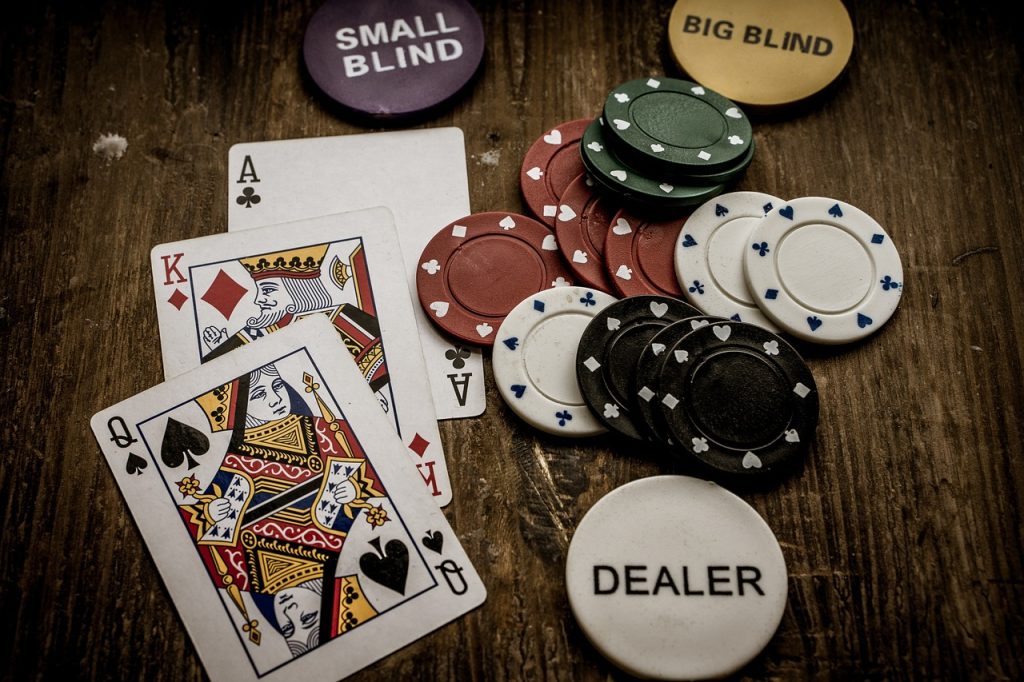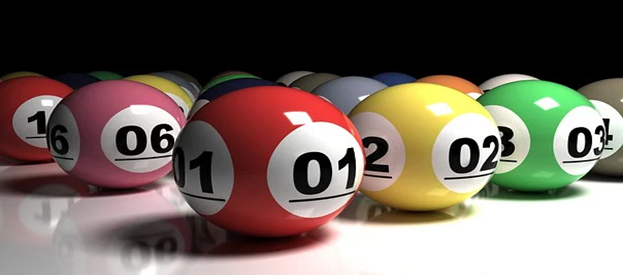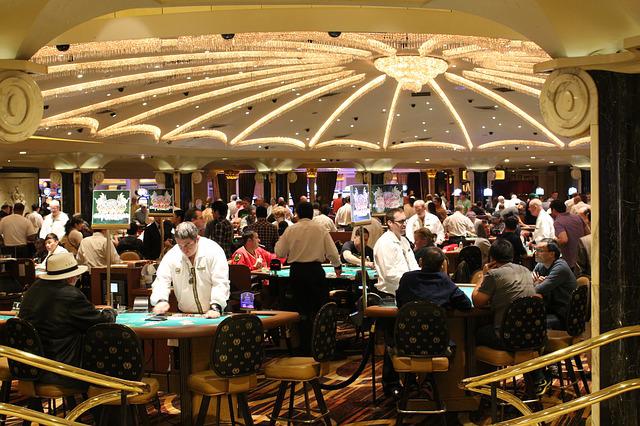1. Introduction to Reading Your Opponents at the Poker Table
In the game of poker, it’s not just about the cards you hold; it’s about understanding your opponents and the information they unknowingly reveal. Being able to read your opponents at the poker table is a skill that can greatly enhance your chances of success. By interpreting their body language, deciphering their betting patterns, recognizing verbal tells, and assessing their emotional states, you can gain valuable insights that will help you make better decisions and outplay your opponents. In this article, we will explore various strategies and techniques for effectively reading your opponents, allowing you to take your poker game to the next level and increase your chances of coming out on top.
1. Introduction to Reading Your Opponents at the Poker Table
Understanding the Importance of Reading Your Opponents
At the poker table, it’s not just about the cards you hold, but also the ability to read your opponents. Being able to decipher their intentions and predict their moves can give you a significant edge in the game. It’s like having a secret superpower that allows you to make better decisions and win more pots.
Benefits of Being Able to Read Your Opponents
When you can read your opponents, poker becomes more than just a card game; it becomes a psychological battle. By understanding their behavior and body language, you can identify their weaknesses, exploit their mistakes, and adjust your own strategy accordingly. Reading your opponents can also help you avoid falling into traps or being fooled by bluffs. Plus, it’s just plain fun to feel like Sherlock Holmes at the poker table!
2. Understanding Body Language and Non-Verbal Cues
Observing Facial Expressions and Eye Movements
People often say that the eyes are the windows to the soul, and when it comes to poker, they might just be right. Facial expressions and eye movements can reveal a lot about your opponents’ reactions to the cards they hold. Look for micro-expressions, subtle twitches, or changes in eye contact that may give away their excitement or disappointment. These non-verbal cues can provide valuable insights into the strength of their hand.
Interpreting Gestures and Posture
Body language is another essential tool for reading opponents. Watch for gestures like fidgeting, nervous tapping, or leaning forward, as they may indicate anxiety or excitement. Similarly, observing posture can give you clues about confidence or insecurity. A player who slumps might be feeling defeated, while someone sitting upright and confidently might have a strong hand. Remember, actions speak louder than words at the poker table.
3. Analyzing Betting Patterns and Bet Sizing
Types of Betting Patterns to Look for
Betting patterns can reveal a wealth of information about your opponents’ strategies and hand strength. Pay attention to how they bet in different situations. Are they consistently making small bets to keep you in the hand, or do they suddenly go all-in when they have a strong hand? Look for deviations from their usual behavior, such as a sudden change in bet sizing or speed, as these can be indicators of a bluff or a monster hand.
Decoding Bet Sizing and Its Significance
Bet sizing is an art worth mastering when it comes to reading opponents. Large bets often indicate strength, while small bets may suggest weakness or a draw. If an opponent suddenly deviates from their betting patterns and makes an unusually large bet, they might be trying to intimidate you into folding. On the other hand, a smaller-than-usual bet might be an attempt to lure you into a trap. Learning to decode bet sizing can give you an extra edge in understanding your opponents’ intentions.
4. Recognizing Verbal Tells and Speech Patterns
Identifying Common Verbal Tells
Verbal tells, though not as reliable as body language, can still provide useful information. Pay attention to your opponents’ choice of words, tone, and speech patterns. Are they confidently narrating their actions to convince you they have a strong hand, or are they stuttering and stumbling over their words, potentially indicating a bluff? Be wary of players who suddenly become silent or overly chatty, as these shifts in behavior may reveal nervousness or a deliberate attempt to mislead.
Analyzing Speech Patterns and Tone of Voice
Beyond individual verbal tells, analyzing overall speech patterns and tone of voice can shed light on your opponents’ mindset. A sudden change in tone, such as becoming more aggressive or defensive, might indicate frustration or confidence. Listen for subtle hints of excitement, disappointment, or hesitation in their voice, as these can help you gauge their emotional state and make better decisions at the table.
Remember, the art of reading opponents is not an exact science. It takes practice, observation, and a healthy dose of intuition. So, sharpen your detective skills, pay attention to the details, and enjoy the thrilling mind games that unfold at the poker table. Just remember not to give away too many tells of your own! Happy reading!
5. Assessing Emotional States and Reactions
Understanding the Influence of Emotions on Poker Gameplay
Let’s face it, poker isn’t just a game of cards; it’s a game of people. And people, well, we’re emotional creatures. Emotions can have a significant impact on the way we play poker. Some players get happy when they have a good hand, while others get frustrated with a bad beat. Understanding the influence of emotions on poker gameplay is crucial if you want to read your opponents like a pro.
Recognizing Emotional Reactions to Different Situations
At the poker table, emotions can run high. It’s essential to pay close attention to the emotional reactions your opponents display when different situations arise. Is someone acting nervous, sweating bullets, and fidgeting in their chair? They might be bluffing. Is another player grinning from ear to ear? They probably have a monster hand. By observing these emotional cues, you can gain valuable insight into how your opponents are feeling and adjust your strategy accordingly.
6. Utilizing Table Image and Player Profiling
Developing Your Table Image
Creating a strong table image is like having your own personal branding at the poker table. How you present yourself can influence the way your opponents perceive you and, ultimately, how they play against you. Are you a fearless risk-taker or a cautious calculative player? Developing a consistent table image can help you control the narrative and exploit your opponents’ expectations.
Creating Profiles for Different Player Types
Just like in the real world, people at the poker table come in various shapes and sizes, or rather, different player types. From the tight-aggressive shark to the loose-passive fish, each player type has its own tendencies and weaknesses. By creating profiles for different player types, you can anticipate their moves and adjust your strategy to exploit their weaknesses effectively. Remember, in poker, knowledge is power, and player profiling is your key to unlocking that power.
7. Strategies for Exploiting Opponents’ Weaknesses
Identifying and Exploiting Common Weaknesses
Nobody’s perfect, not even at the poker table. Identifying and exploiting your opponents’ weaknesses is a crucial skill if you want to walk away with a tidy profit. Is someone playing too aggressively? You can wait for them to overbet and then strike when they least expect it. Is another player overly cautious? You can bluff them out of pots and steal their chips. By recognizing common weaknesses, you can turn the tables in your favor and take advantage of your opponents’ mistakes.
Maximizing Your Profits through Opponent Exploitation
Once you’ve identified your opponents’ weaknesses, it’s time to capitalize on them and maximize your profits. Exploiting your opponents is like taking candy from a baby, except the candy is their chips, and the baby is their flawed strategy. By adjusting your approach based on their weaknesses, you can manipulate the game to your advantage and finish the day with a healthy stack of chips.
8. Tips to Improve Your Reading Skills and Adapt to Different Players
Practicing Observation and Analysis Techniques
Just like Sherlock Holmes hones his detective skills, you too can sharpen your reading abilities at the poker table. Practicing observation and analysis techniques can help you spot even the subtlest of tells and interpret them correctly. Pay attention to facial expressions, body language, and betting patterns. The more you practice, the better you’ll become at deciphering the hidden information your opponents unwittingly reveal.
Adapting Your Reading Skills to Different Player Personalities
No two players are alike, and adapting your reading skills to different player personalities is vital to your success. Some opponents may be naturally more reserved, while others wear their emotions on their sleeves. By understanding and adjusting to different player personalities, you can adapt your approach and exploit their specific tendencies effectively. So whether you’re facing a stone-faced stoic or an animated chatterbox, you’ll be ready to read them like an open book.In conclusion, honing the ability to read your opponents at the poker table is a valuable skill that can give you a significant edge in the game. By understanding their body language, decoding their betting patterns, recognizing verbal tells, assessing their emotional states, and utilizing player profiling, you can make more informed decisions and exploit your opponents’ weaknesses. Remember to practice your observation and analysis skills, adapt to different player types, and continuously improve your reading abilities. With dedication and experience, you can become a formidable player who can anticipate your opponents’ moves and ultimately increase your chances of success at the poker table.
FAQ
1. Can reading your opponents guarantee winning at poker?
Reading your opponents is a valuable skill that can give you an advantage in poker. However, it does not guarantee winning. Poker is a complex game that involves luck and skill. Reading your opponents can help you make better decisions, but you still need to rely on a solid understanding of strategy, odds, and proper bankroll management to consistently succeed in poker.
2. How can I improve my ability to read opponents’ body language?
Improving your ability to read body language takes practice and observation. Study common body language cues and gestures associated with different emotions and actions. Observe how your opponents behave in different situations and look for patterns. Practice reading body language in real-life situations, not just at the poker table, to sharpen your skills.
3. Are there universal tells that apply to all players?
While some tells may be universal, it’s essential to remember that every player is unique. Some tells may be reliable indicators for most players, such as shaking hands when bluffing or avoiding eye contact when holding strong cards. However, other tells might vary from player to player. It’s crucial to pay attention to individual behaviors and establish player profiles to make more accurate assessments.
4. Can reading opponents’ betting patterns alone be enough to make accurate decisions?
Betting patterns can provide valuable information about your opponents’ hands and intentions. However, relying solely on betting patterns may lead to inaccurate judgments. It’s essential to consider multiple factors, such as body language, verbal cues, and table dynamics, to make more informed decisions. By combining different sources of information, you can develop a more comprehensive understanding of your opponents’ strategies and tendencies.







Facebook Comments